“Excellence is an art won by training and habituation. We do not act rightly because we have virtue or excellence, but we rather have those because we have acted rightly. We are what we repeatedly do. Excellence, then, is not an act but a habit.” Aristotle
The concept of excellence can be hard to define. Quite often we know it when we see it, but have trouble articulating how it can be achieved. As a parent, it is important to be able to define and recognise excellence when you are choosing a school for your child. Here are some key things to consider when choosing a school.
Defining excellence in schools
To demonstrate excellence, you need to be specific about what you are aiming for in a practical and tangible sense. In schools, we can define excellence against a set of values and outcomes that students strive to achieve. These are constructs that make the research results meaningful.
The New South Wales Department of Education specify five categories of excellence in their School Excellence Framework:
1. Culture
A clear set of values and beliefs that is practised and reinforced by all authorities in the school. A school that achieves excellence sets out their expectations for students, staff and parents – and they communicate that message regularly to their community.
2. Wellbeing
This relates to the collective and individual needs of students including, but not limited to, psychological, physiological, belonging, self-esteem and self-actualisation – according to Abraham Maslow’s hierarchy of needs. Wellbeing in schools revolves around the key ways that different groups can come together, get involved and be fulfilled in their learning journey.
3. Curriculum and Learning
This is a structured plan of action that delivers a high standard and equitable academic opportunities for students. The NSW Department of Education states that, “curriculum programs and teaching practices effectively develop the knowledge, understanding and skills of all students, using evidence-based teaching practices and innovative delivery mechanisms where appropriate.”
4. Assessment and Reporting
This refers to the ability and resources needed to effectively monitor, plan and report on student performance to parents and carers. Consistent practices in this category should be evident school-wide and across all learning areas. Schools that demonstrate excellence excel in this area.
5. Student Performance Measures
Schools that achieve excellence in the four categories already covered, tend to be successful in student performance as well. Their students consistently excel in their performance across learning areas.
Teaching excellence
Quality teachers are the backbone of great schools. Excellence in teaching is evident in the qualifications of staff, as well as the professional learning opportunities offered by the school to its teachers. Schools that excel pride themselves on staff excellence.
Boys who are enrolled in a school that demonstrates excellence are more likely to thrive and succeed. It’s important to remember that true excellence moves beyond a set of principles and outcomes – they are a set of beliefs at the core, that determine a school’s way of thinking and being.






